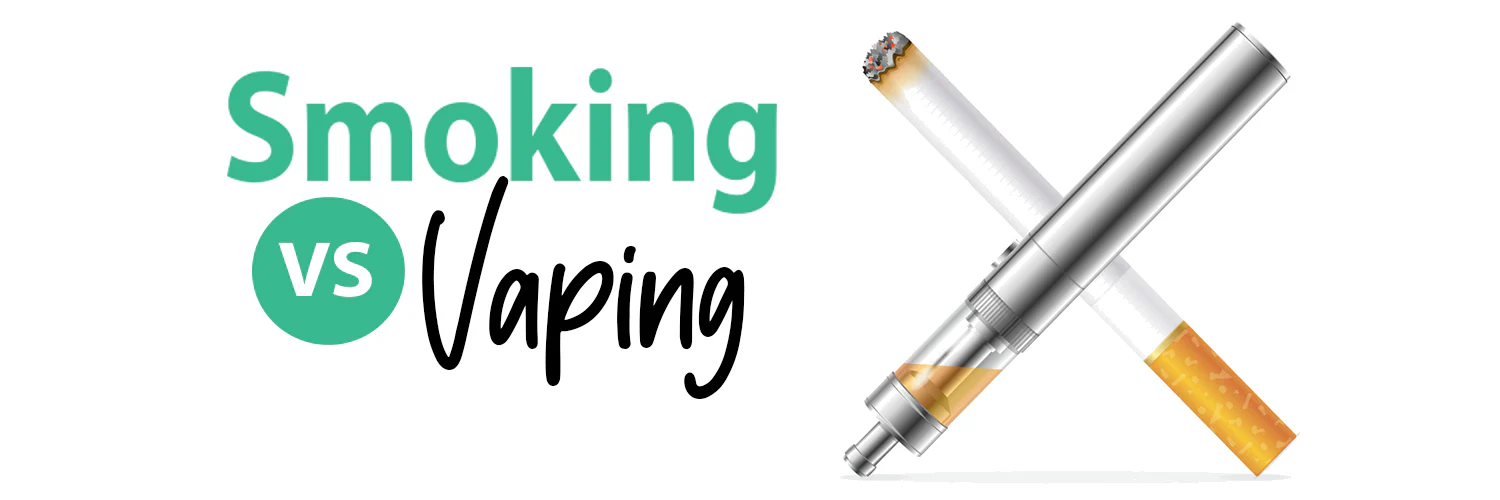WHO warns of tobacco industry interference, urges stronger controls
Tobacco
By Franca Ofili
The World Health Organisation (WHO) has warned that urgent action is needed to maintain and accelerate progress in tobacco control as rising tobacco industry interference threatens global efforts to reduce tobacco use.
In a statement released on Monday, WHO highlighted its 2025 Global Tobacco Epidemic report, unveiled at the World Conference on Tobacco Control in Dublin.
The report focused on six proven WHO MPOWER measures designed to curb tobacco use, which caused more than seven million deaths annually.
The MPOWER measures included monitoring tobacco use, protecting people from smoke through smoke-free laws, offering help to quit, warning about tobacco dangers via labels and media, enforcing advertising bans, and raising tobacco taxes.
Since 2007, 155 countries had implemented at least one MPOWER measure at the best-practice level, protecting more than 6.1 billion people worldwide, up from just one billion in 2007.
”Only four countries, Brazil, Mauritius, the Netherlands, and Türkiye, have fully implemented all six measures.
“Seven others, including Ethiopia, Ireland, and Mexico, are close to full implementation.
“However, WHO notes significant gaps remain: 40 countries have no best-practice MPOWER measures, and more than 30 countries still permit cigarette sales without mandatory health warnings.”
WHO Director-General Dr Tedros Ghebreyesus said that while successes had been made since the 2003 Framework Convention on Tobacco Control, the evolving tobacco industry required equally evolving responses.
“By uniting science, policy, and political will, we can create a world where tobacco no longer claims lives, damages economies, or steals futures,” he said.
The report, supported by Bloomberg Philanthropies and launched during the 2025 Bloomberg Philanthropies Awards for Global Tobacco Control, also celebrated governments and NGOs making progress in tobacco reduction.
Michael Bloomberg, founder of Bloomberg LP and WHO Global Ambassador for Noncommunicable Diseases, said significant progress had been made, especially in graphic health warnings.
“110 countries now require them, up from just nine in 2007, protecting 62 per cent of the global population.
“However, enforcement remains inconsistent, and smokeless tobacco packaging is poorly regulated,” he noted.
Bloomberg also highlighted persistent challenges: only 36 per cent of the global population lived in countries with best-practice anti-tobacco campaigns.
“Taxation efforts are lagging, with only three countries raising taxes to best-practice levels since 2022, and only 33 per cent of people have access to cost-covered quit services.
“Around 1.3 million deaths from second-hand smoke occur annually. Currently, 79 countries have implemented comprehensive smoke-free laws, covering a third of the world’s population.
“Since 2022, six additional countries have adopted strong smoke-free laws in spite of industry opposition.
“Regulation of e-cigarettes and electronic nicotine delivery systems (ENDS) is increasing, with the number of countries regulating or banning ENDS rising from 122 in 2022 to 133 in 2024.
“Still, more than 60 countries lack any ENDS regulations.”(NAN)(www.nannews.ng)
Edited by Abiemwense Moru






